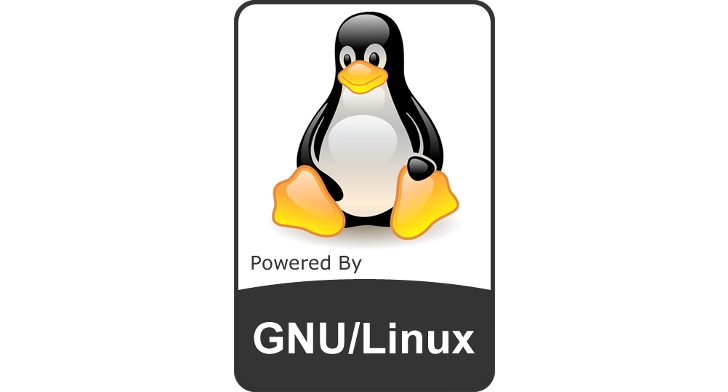Linux Kernel is the core of the Linux operating systems.
Linux Kernel is the essential part of Linux, responsible
for resource allocation, low-level hardware interfaces, security, simple
communications, and basic file system management.
Linux is a clone of the operating system Unix, written from scratch by Linus Torvalds with assistance from a loosely-knit team of hackers across the Net. It aims towards POSIX and Single UNIX Specification compliance.
It has all the features you would expect in a modern fully-fledged Unix, including true multitasking, virtual memory, shared libraries, demand loading, shared copy-on-write executables, proper memory management, and multistack networking including IPv4 and IPv6.
Although originally developed first for 32-bit x86-based PCs (386 or higher), today Linux also runs on (at least) the Compaq Alpha AXP, Sun SPARC and UltraSPARC, Motorola 68000, PowerPC, PowerPC64, ARM, Hitachi SuperH, IBM S/390, MIPS, HP PA-RISC, Intel IA-64, DEC VAX, AMD x86-64, AXIS CRIS, and Renesas M32R architectures.
Linux is easily portable to most general-purpose 32- or 64-bit architectures as long as they have a paged memory management unit (PMMU) and a port of the GNU C compiler (gcc) (part of The GNU Compiler Suite, GCC). Linux has also been ported to a number of architectures without a PMMU, although functionality is then obviously somewhat limited. See the �Clinux project for more info.
Product's homepage
What's New in This Release: [ read full changelog ]
· Support for bigger block sizes in EXT4;
· Faster scrubbing, detailed corruption messages, automatic backup of tree roots, and manual inspection of metadata in Btrfs;
· Process bandwith controller;
· Support for the Hexagon architecture;
· Thin provisioning and recursive snapshots in the Device Mapper;
· I/O-less dirty throttling, reduce filesystem writeback from page reclaim;
· TCP Proportional Rate Reduction;
· Improved live profiling tool "perf top";
· Cross memory attach.
Site Download Here
Linux is a clone of the operating system Unix, written from scratch by Linus Torvalds with assistance from a loosely-knit team of hackers across the Net. It aims towards POSIX and Single UNIX Specification compliance.
It has all the features you would expect in a modern fully-fledged Unix, including true multitasking, virtual memory, shared libraries, demand loading, shared copy-on-write executables, proper memory management, and multistack networking including IPv4 and IPv6.
Although originally developed first for 32-bit x86-based PCs (386 or higher), today Linux also runs on (at least) the Compaq Alpha AXP, Sun SPARC and UltraSPARC, Motorola 68000, PowerPC, PowerPC64, ARM, Hitachi SuperH, IBM S/390, MIPS, HP PA-RISC, Intel IA-64, DEC VAX, AMD x86-64, AXIS CRIS, and Renesas M32R architectures.
Linux is easily portable to most general-purpose 32- or 64-bit architectures as long as they have a paged memory management unit (PMMU) and a port of the GNU C compiler (gcc) (part of The GNU Compiler Suite, GCC). Linux has also been ported to a number of architectures without a PMMU, although functionality is then obviously somewhat limited. See the �Clinux project for more info.
Product's homepage
What's New in This Release: [ read full changelog ]
· Support for bigger block sizes in EXT4;
· Faster scrubbing, detailed corruption messages, automatic backup of tree roots, and manual inspection of metadata in Btrfs;
· Process bandwith controller;
· Support for the Hexagon architecture;
· Thin provisioning and recursive snapshots in the Device Mapper;
· I/O-less dirty throttling, reduce filesystem writeback from page reclaim;
· TCP Proportional Rate Reduction;
· Improved live profiling tool "perf top";
· Cross memory attach.
Site Download Here

Tidak ada komentar:
Posting Komentar
Hanya manusia yang berkomentar baik dan sopan. sedangkan hanya binatang yang berkomentar buruk dan tidak memikirkan perasaan dan tidak menghargai orang lain... Trima kasih....